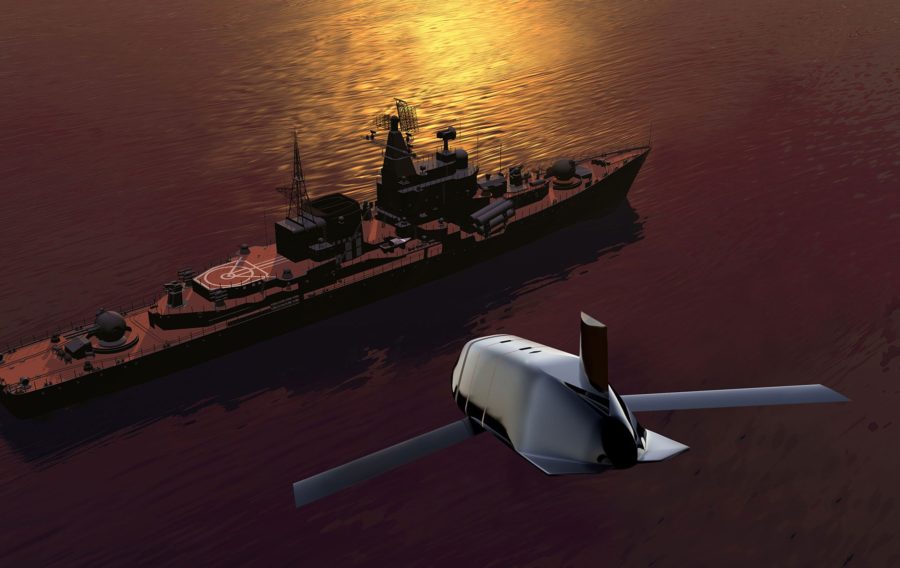
Lockheed Martin has delivered the first Long Range Anti-Ship Missiles (LRASM) to US Air Force operational units, achieving Early Operational Capability (EOC) status ahead of schedule.
After successfully completing the required integration, flight testing and modeling and simulation, warfighters accepted the first of many tactical production units, meeting key criteria for the EOC declaration milestone.
LRASM is designed to detect and destroy specific targets within groups of ships by employing advanced technologies that reduce dependence on intelligence, surveillance and reconnaissance platforms, network links and GPS navigation in contested environments. LRASM will play a significant role in ensuring military access to operate in open ocean/blue waters, owing to its enhanced ability to discriminate and conduct tactical engagements from extended ranges.
LRASM is a precision-guided, anti-ship standoff missile based on the successful Joint Air-to-Surface Standoff Missile – Extended Range. It is designed to meet the needs of U.S. Navy and Air Force warfighters in contested environments.
The air-launched variant, integrated onboard the US Air Force’s B-1B, provides an early operational capability meeting the offensive anti-surface warfare Increment I requirement. LRASM is on schedule to achieve EOC on the US Navy’s F/A-18E/F Super Hornet in 2019.
David Helsel, LRASM Director at Lockheed Martin Missiles and Fire Control, said: “This event is the culmination of successful partnerships with the U.S. Air Force, Navy and DARPA.
“This milestone serves as a great example of collaboration to bring critical capabilities to the warfighter at accelerated acquisition timelines.”
Image: © Lockheed Martin
If you would like to join our community and read more articles like this then please click here.
Lockheed Martin Long Range Anti-Ship Missile LRASM US Air Force







